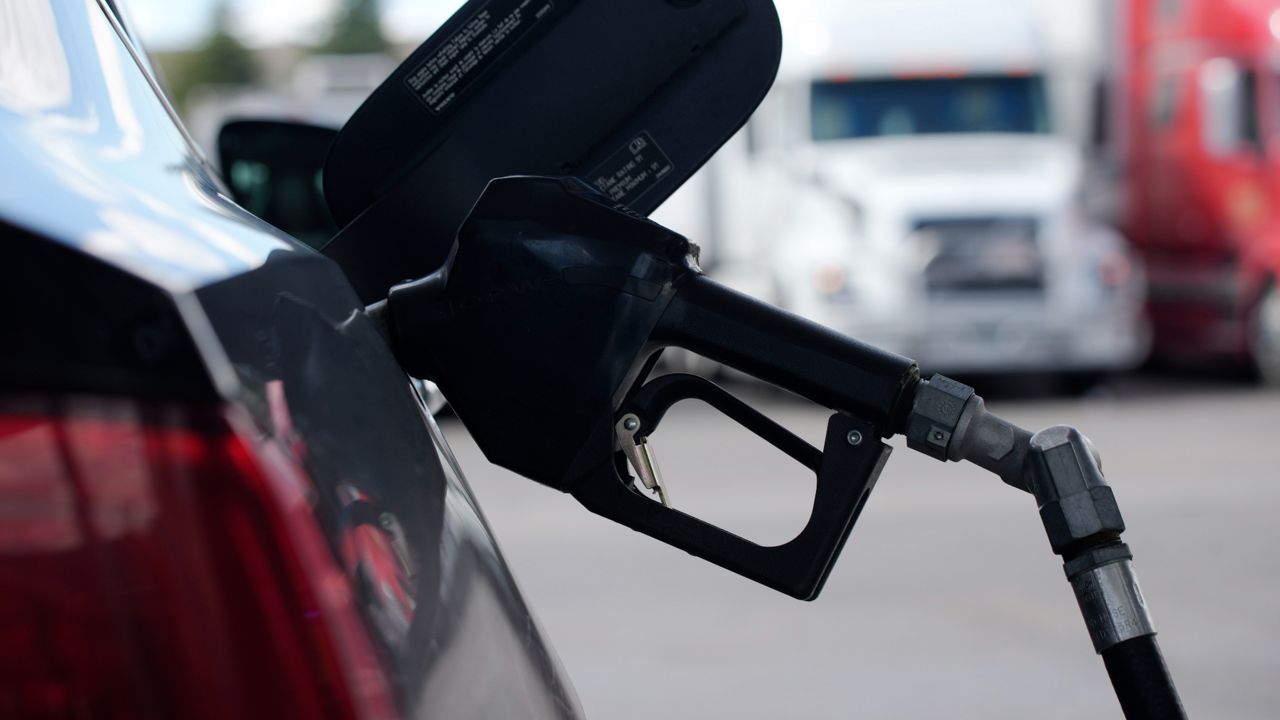It’s no surprise that gas prices have been high and getting higher every day, which has led to some creative thinking on ways to save gasoline.
How does this relate to the weather?
While at the office last week, the topic of using the heat in your car in the winter came up. One of our employees said he wasn’t using the heat while driving to save at the pump. But do they correlate? I did some research to find the answer.
In short, using the heat in your car does not burn any extra gasoline. On a normal day when you turn on your car and drive around, your engine heats up. That heat goes from your engine to your radiator.
From there, your car dumps the heat outside. This is how your engine cools itself off.
On a cold winter day when you want to use the heat inside your car, that process changes a bit. Instead of the hot air being sent out of the car, it moves into a radiator in your dashboard called a heater core.
A fan then takes that warm air and blows it into the inside of your car. Because you are recycling warm air from the heat of the engine, you use no additional gasoline.
We can't say the same about the air conditioning in your car.
The alternator powers the air conditioner in your vehicle, and the engine powers the alternator. When you turn on the air, you add more of a load on the alternator. That means the engine has to work harder, burning more gasoline. How much more is up for debate.
According to fueleconomy.gov, use of the air conditioner can reduce a conventional vehicle’s fuel economy by more than 25% on a hot day. Another website, airconco.com, says using your car's air conditioner increases fuel consumption by a much lesser 8-10%.
No matter which statistic you believe, many agree there are better ways to save on fuel.
The American Automobile Association (AAA) lists several, including checking the air in your tires, tuning up the engine, watching your speed and driving without sudden breaking or fast acceleration.
In closing, there is no need to suffer in the cold winter months without heat.
Our team of meteorologists dives deep into the science of weather and breaks down timely weather data and information. To view more weather and climate stories, check out our weather blogs section.
You can also follow Meteorologist Kaylee Wendt on Facebook, Instagram and Twitter.









